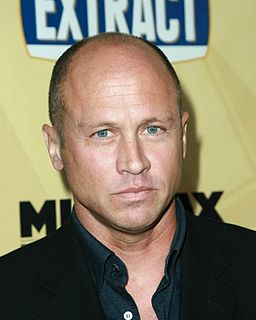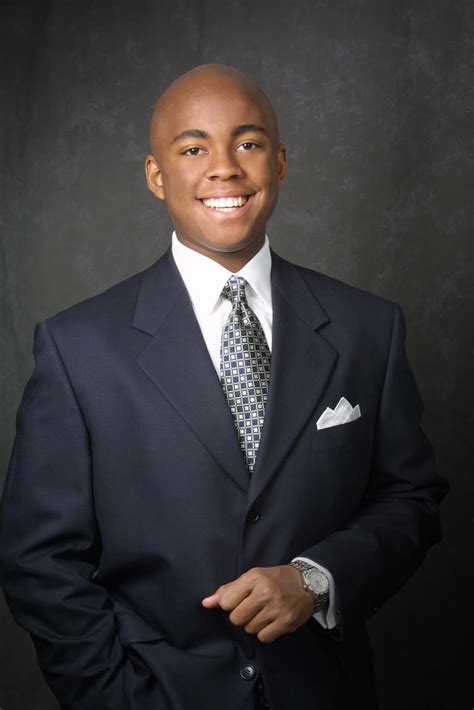A Quote by Jenna Elfman
In other philosophies, my questions would get answered to some degree, but then I would have a follow-up question and there would be no answer. The logic would dead-end. In Scientology you can find answers for anything you could ever think to ask. These are not pushed off on you as, 'This is the answer, you have to believe in it.' In Scientology you discover for yourself what is true for you.
Related Quotes
Every once in awhile, find a spot of shade, sit down on the grass or dirt, and ask yourself this question: “Do I respect myself?” A corollary to this question: “Do I respect the work I’m doing?” If the answer to the latter question is NO, then the answer to the former question will probably be NO too. If this is the case, wait a few weeks, then ask yourself the same two questions. If the answers are still NO, quit.
Philosophers often think all scientists must be scientific realists. If you ask a simple question like "Are electrons real?" the answer will be "Yes". But if your questions are less superficial, for example whether some well-known scientist was a good scientist. Then, they had insisted that only empirical criteria matter and that they actually did not believe in the reality of sub-atomic entities. Ask "If that turned out to be true, would you still say they were good scientists?" The answer would reveal something about how they themselves understood what it is to be a scientist.
To be a scientist you have to be willing to live with uncertainty for a long time. Research scientists begin with a question and they take a decade or two to find an answer. Then the answer they get may not even answer the question they thought it would. You have to have a supple enough mind to be open to the possibility that the answer sometimes precedes the question itself.
About the only question that we would say and this is a big one in our lives that we would say you don't just use pure reason to decide the answer to is anything that affects your happiness, because then gut and reason answer very different questions. So gut tells you "How do I feel about this right now?"
Growing up we were secular Jews, but what I got out of Judaism at that time in my life was questions. Everything was a question. "Dad, is there a heaven? Is there a hell?" You never could get an answer. That informed a lot of my reasons for getting into Scientology, because they had all the answers. They said I was not my body, not my mind. I don't have a soul; I am an immortal soul. I've lived many lives and I'll live endlessly into the future, and as an immortal soul I have no gender.
My family was, I think, a bit more radical than most Mormons, especially on the question of gender. So in my mind, growing up, there wasn't ever any question of what my future would look like. I would get married when I was 17 or 18. And I would be given some corner of the farm, and my husband would put a house on it, and we would have kids.




































